
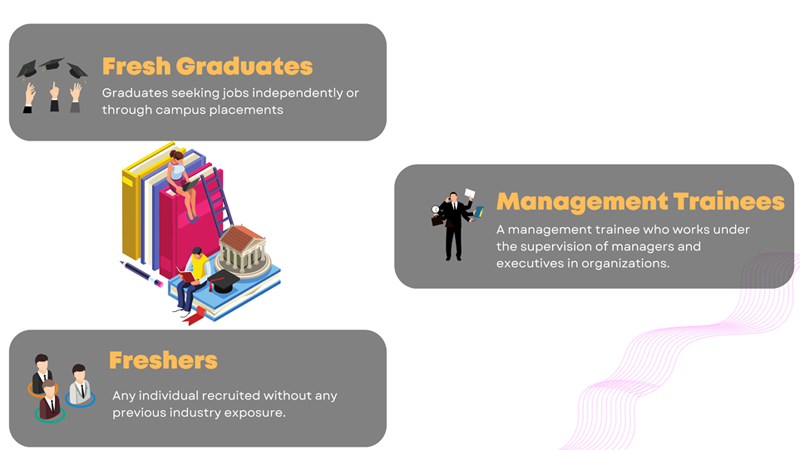

Interactive sessions: Offering courses and modules that cover specific skills or topics.

Workshops : Workshops allow hands-on learning and can be used to teach various skills, such as communication, problem-solving, and leadership.

Roleplaying & Simulations : These techniques simulate real-life scenarios that students may encounter in the corporate world, allowing them to practice their skills.

Case studies: Analysing and discussing real-world examples of successful and unsuccessful corporate practices to prepare students for the dos and don’ts of the corporate culture.

Public speaking & stage presentations: Speaking on stage helps boost confidence to present and speak in front of an audience or group. This technique also helps to practice presentation skills and teamwork.

Group Discussions: Group discussions encourage critical thinking as students analyze information, evaluate different perspectives, and form opinions. This helps participants to prepare for the corporate world by practicing teamwork skills and developing critical thinking abilities.
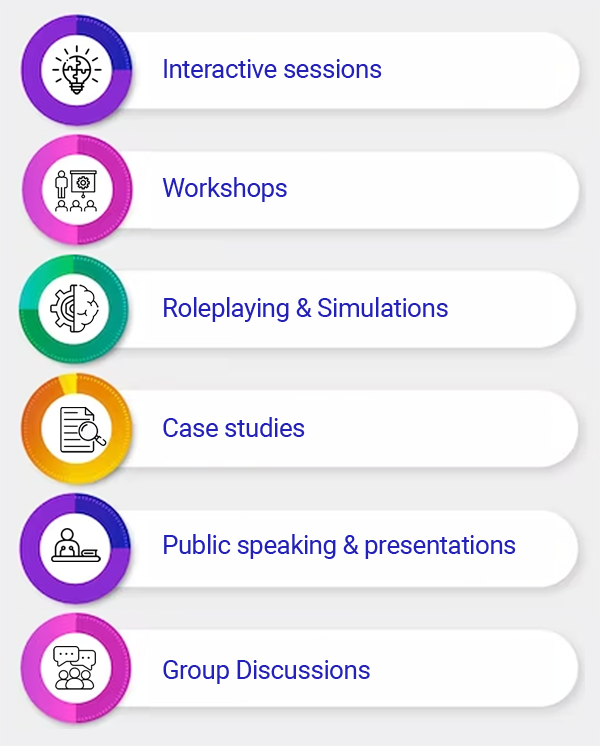
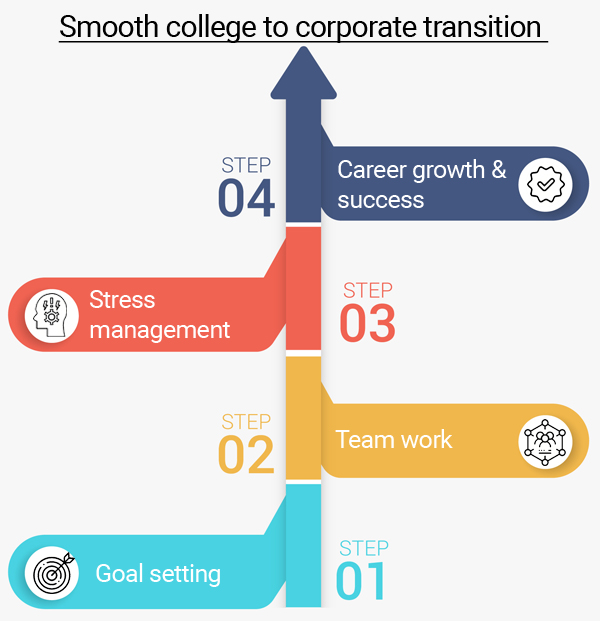

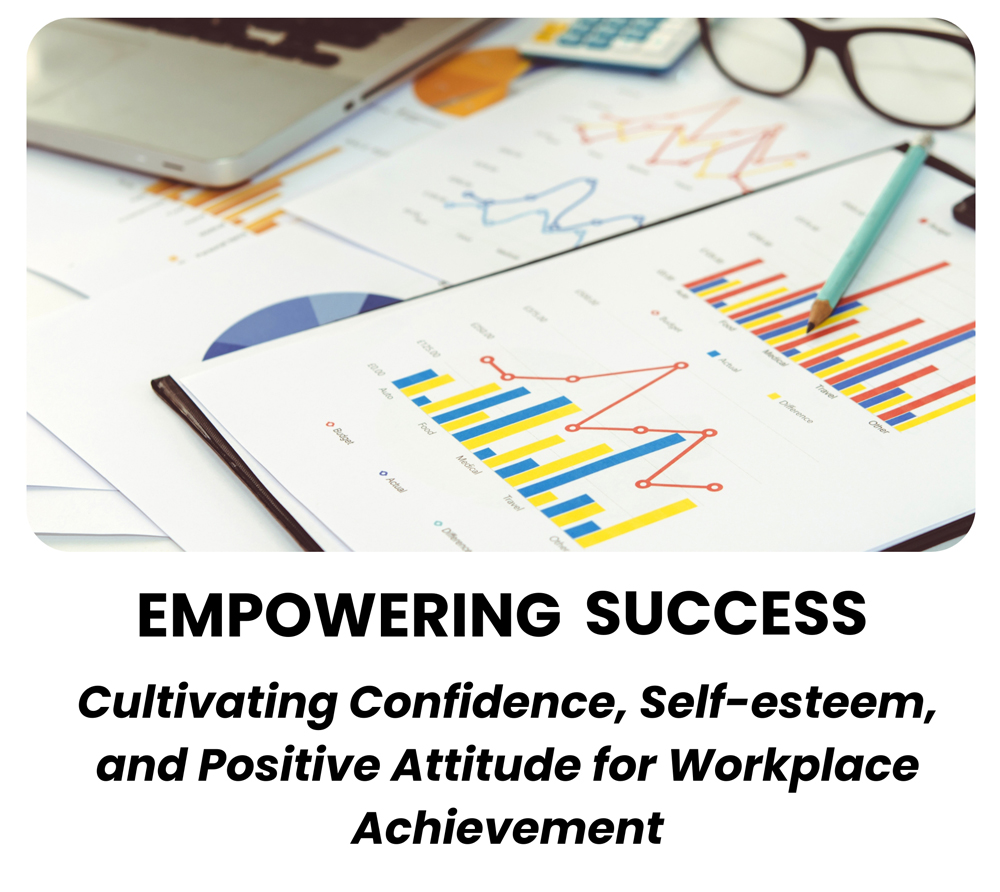
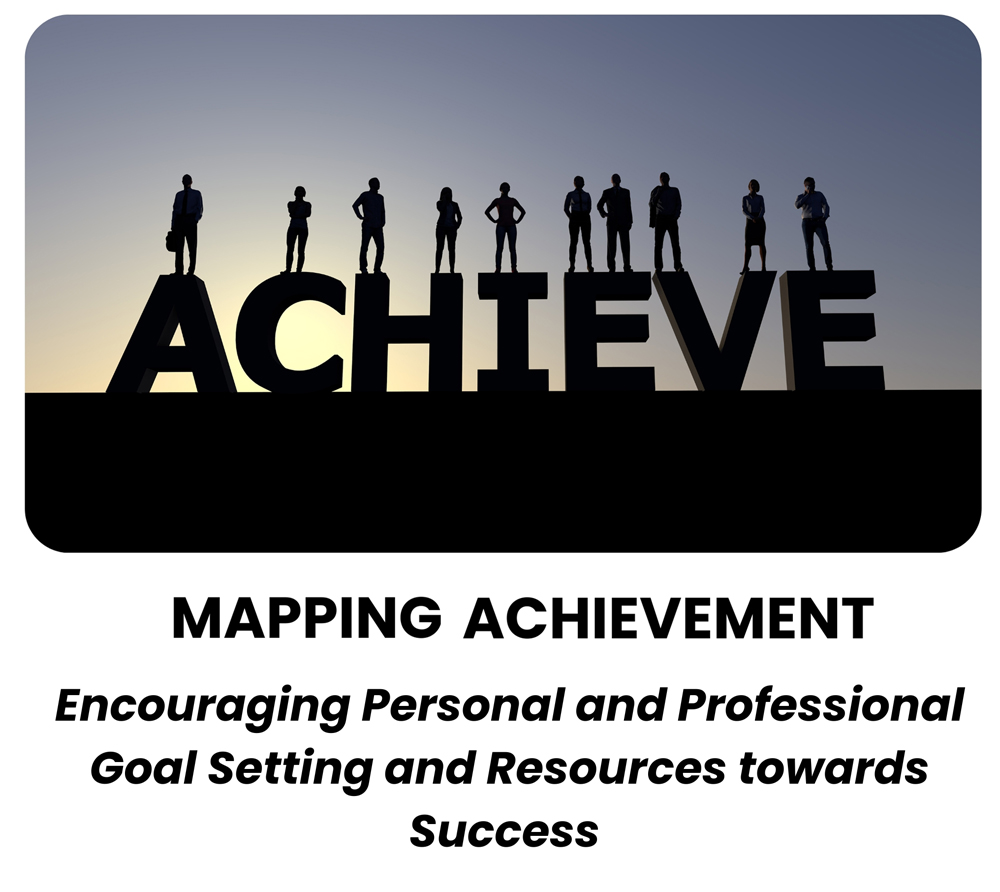

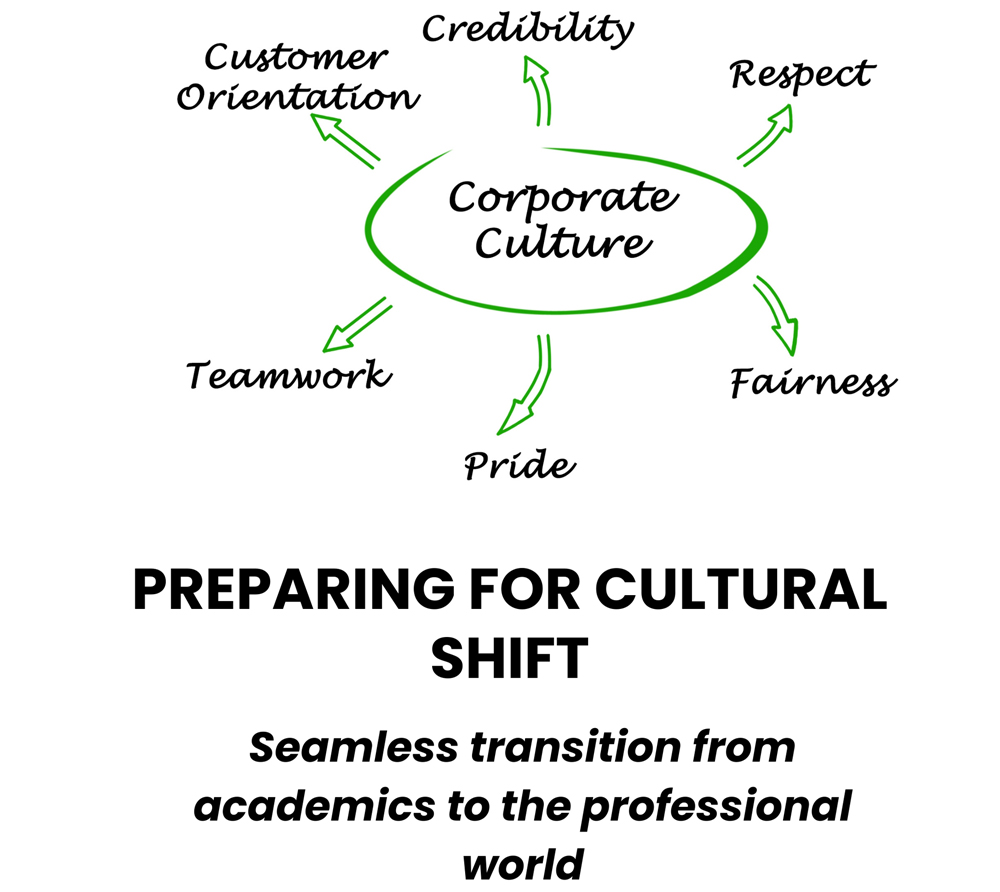

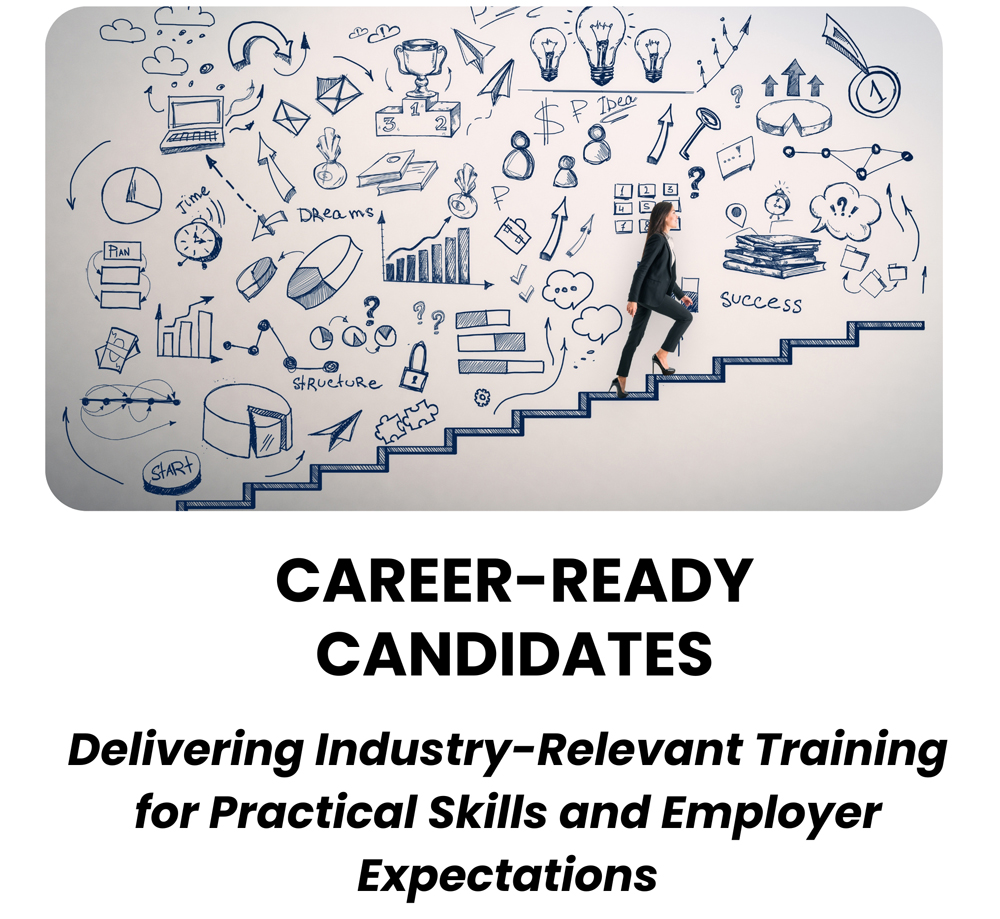
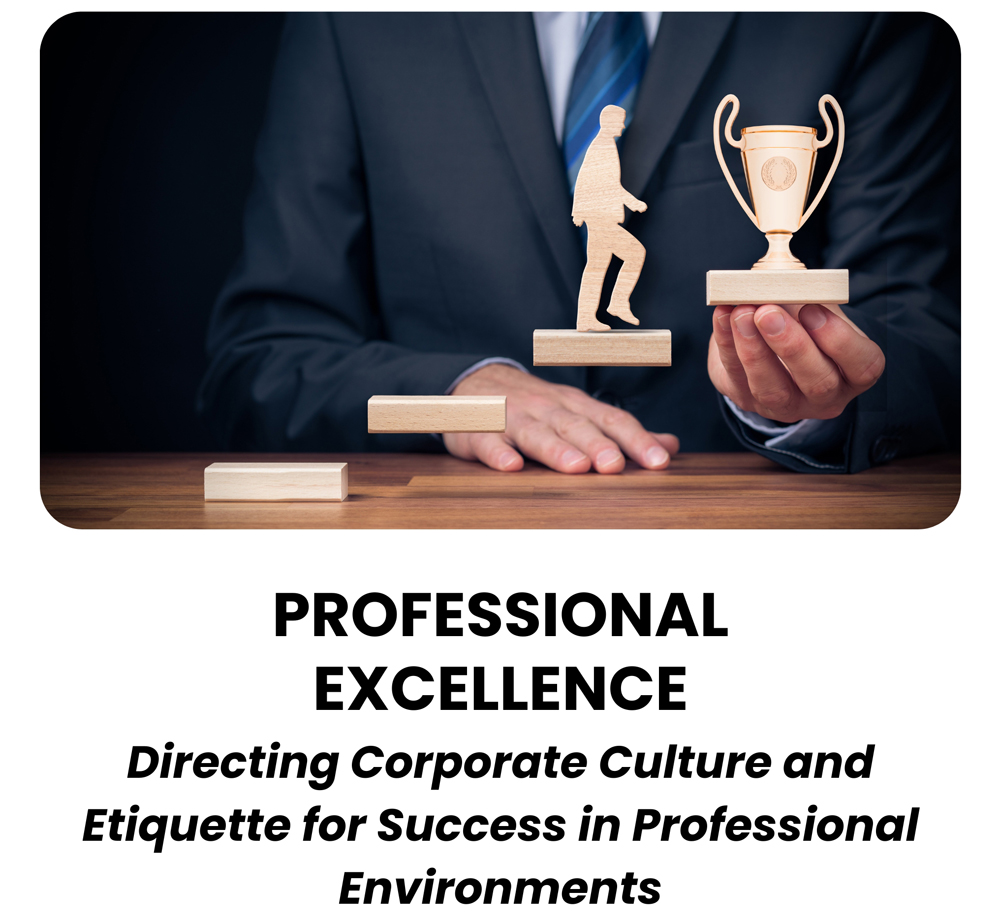
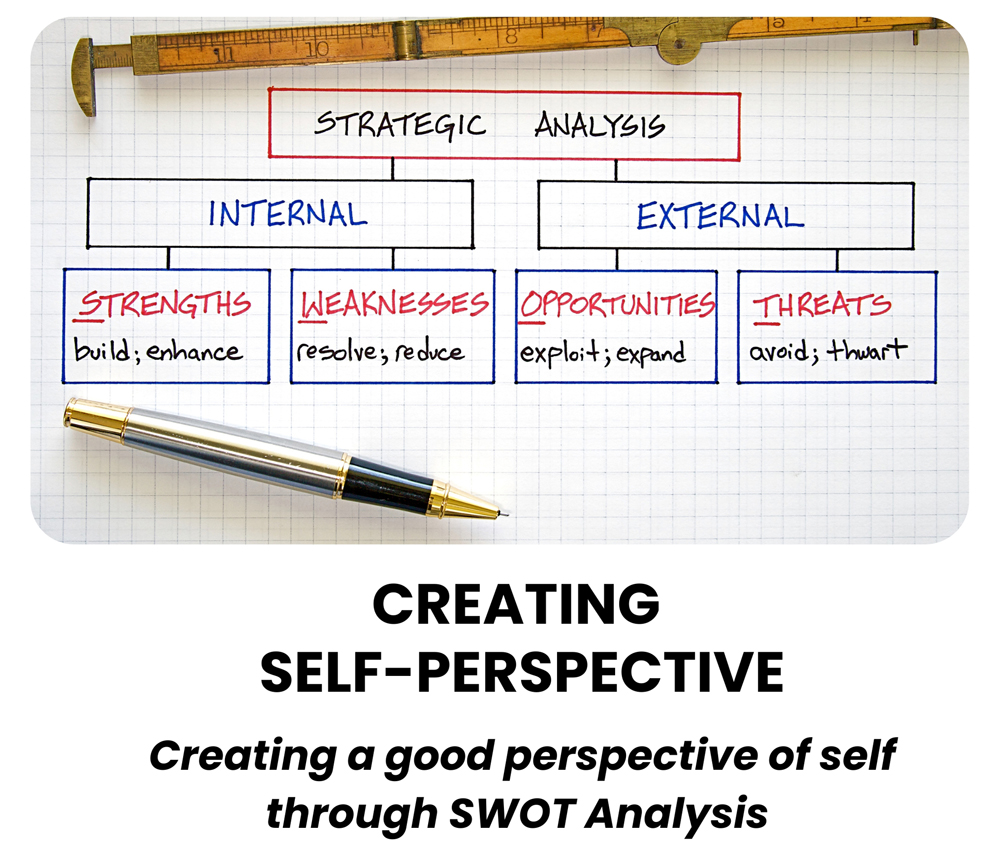

Verbal:
- Engaging Strategies, Public Speaking & Presentation Skills
- Striking the right tone using Strong Written Communication
- Knowing your Audience & Engaging Effectively
Non-Verbal: Facial gestures, expressions, tonal quality & variation, voice modulation, eye contact, body language
Listening: Understanding Others & Active Listening
Writing: Clear and concise writing is necessary for effective communication, documentation, and collaboration with professionalism, tone, audience awareness, and formatting
Questioning: - Effective questioning techniques - Techniques to enhance your understanding of the information you receive to ensure clarity and prevent doubts
Goal setting helps participants focus on what's important, measure progress, stay motivated, and be accountable to themselves and others.
Establishing SMART Goals
Importance of a Mission Statement
Formulation of Goals


Time management is essential for achieving success and maintaining a healthy work-life balance.
Prioritization
Dealing with Difficult Tasks
Getting Organized
How to get away from Distractions
Work-Life Balance
Business etiquette is essential for anyone who wants to project a professional image and build strong relationships with clients, customers, and colleagues.
Making the First Impression
Importance of Handshakes
Business Card Etiquette
Grooming and Personal Hygiene
Body Language
Telephone and email Etiquette


With presentation skills, you can become a more effective communicator, build your professional reputation, and advance your career.
Fundamentals of an Effective Presentation
5 P’s of an Effective Presentation
Importance of Visual Aids
Understanding and Overcoming Fear
Public Speaking
Importance of Managing Voice and Language
Managing Question and Answer Session
By learning practical conflict management skills, individuals and organizations can minimize the negative impact of conflicts and create a more positive and productive work environment.
Creating a Win-Win situation
Negotiation and Persuasion
Dealing with Aggressive Behaviour
Different Styles of Handling Conflicts
Dealing with Emotions
Conflict Resolution Strategies
Tools and Techniques for Conflict Management


Attitude plays a crucial role in behaviour, motivation, perception, relationships, health, and success.
Positive mental attitude
Career Planning
Stress management
Anger management
Preparing for face-to-face interviews
Group Discussion
Resume Building
Body language, Grooming & Dressing


Interpersonal and team skills are essential for building positive relationships, increasing productivity, promoting innovation, improving decision-making, enhancing job satisfaction, and reducing turnover.
Initiating Small Talks
Managing Relationships
Understanding the Cultural Diversity
Teambuilding Process and Techniques
Coordination in Teams
Assertive Communication while Dealing with Teams
Balancing Team Needs and Individual Needs
Importance of Feedback in Team Building
Develops necessary skills and knowledge such as communication, time management, teamwork, leadership, and problem-solving.
Builds confidence in individuals who may feel uncertain of their abilities.
Prepares for the corporate culture and expectations by understanding the organization's values, goals, mission, work environment, and company policies.
Reduces the new workplace apprehensions.
Enhances employability by giving participants an edge in the job market.
Fosters networking opportunities with other professionals. This can be especially critical for individuals accustomed to the workforce who may need to develop a strong professional network.


Campus-to-corporate training is not only beneficial for individual participants, but it can also provide benefits to the teams they work with.
Improves productivity by providing teams with the necessary skills and knowledge to work more effectively and efficiently. This can lead to increased output, better quality work, and faster turnaround times.
Enhances collaboration by helping team members understand each other's strengths, weaknesses, and work styles. This can help build trust and foster better communication, improving teamwork and outcomes.
Improves problem-solving skills by providing teams with various tools and techniques for identifying and resolving issues. This can help teams work together to overcome challenges and achieve their goals.
Reduces turnover increases job satisfaction and motivation, improving retention.
Increases innovation by encouraging teams to think creatively and explore new ideas leading to new products, services, and processes.
Improves the organization's performance by providing employees with the necessary skills and knowledge to do their jobs more effectively. This can increase productivity, enhance the quality of work, and speed-up turnaround time.
Reduces turnover rates by providing employees with the necessary skills and knowledge to succeed. This can increase job satisfaction and motivation, reducing turnover rates and improving retention.
Improves customer satisfaction by ensuring employees have the necessary skills and knowledge to provide excellent customer service. This can lead to improved customer loyalty and repeat business.
Enhances the organization's reputation by ensuring employees are knowledgeable, professional, and skilled. This can help build trust with customers, partners, and stakeholders and improve the organization's overall reputation.
Increases innovation by encouraging employees to think creatively and explore new ideas. This can lead to development of new products, services, and processes that can help the organization stay ahead of the competition.
Helps align employees with the organization's values, goals, and mission. This can help ensure that everyone is working towards the same objectives, which can improve overall performance and results.

